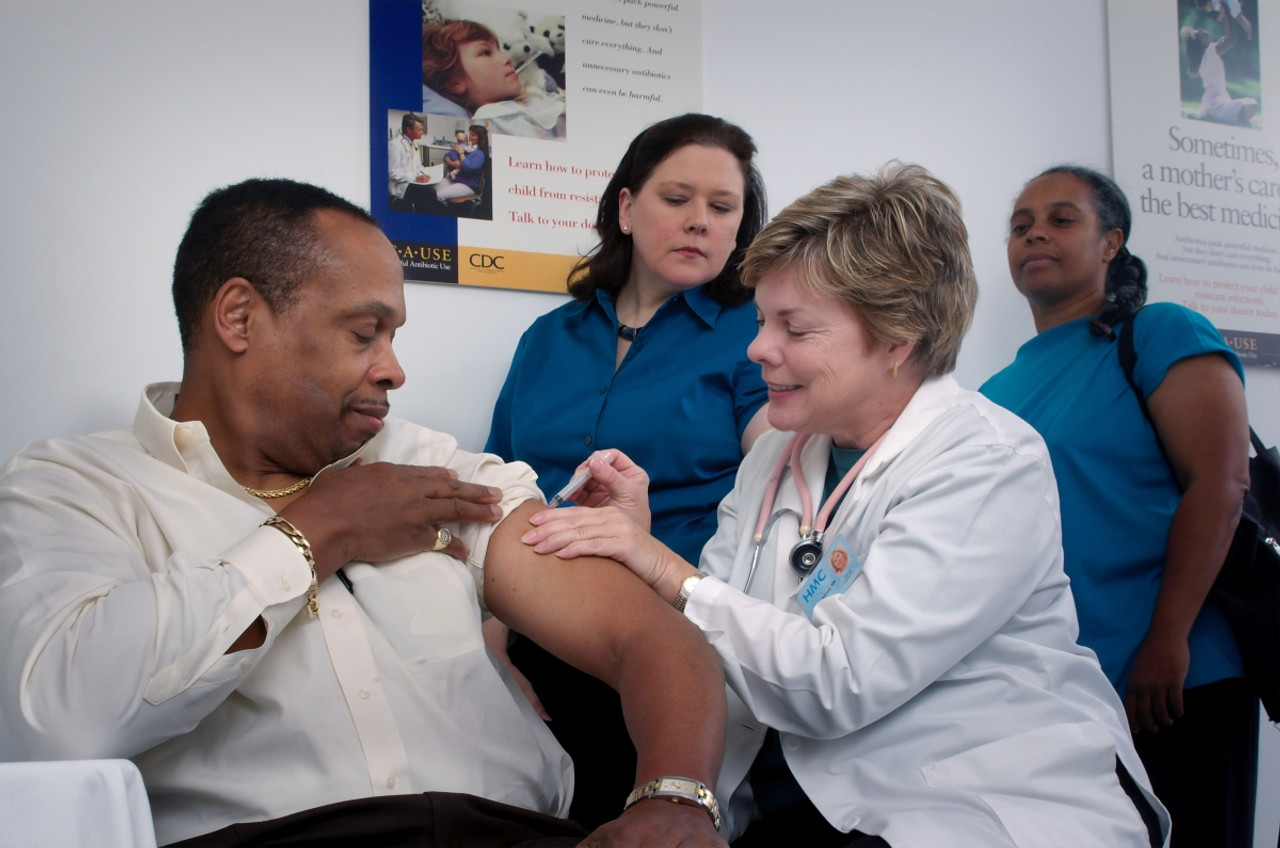How to Make the Most of Flu Shots Ahead of the Winter 2023 Season

Introduction
With the approach of winter and the annual flu season, public health organizations emphasize the importance of getting flu shots, especially considering the ongoing global health issues like COVID-19. The flu shot is a proven preventive measure, reducing the severity of illness, hospitalizations, and even death. As we gear up for winter 2023, here are some best practices to follow when it comes to flu vaccinations.
Understanding the Importance
Before delving into the practices, it is pivotal to understand why flu shots matter. The annual flu shot is critical for population health, offering protection to individuals and those around them from the highly infectious influenza. While some people might shrug off influenza as a mere inconvenience, it can pose serious threats, particularly for vulnerable populations like the elderly, children, and those with compromised immune systems.
Choosing the Right Time
According to the Centers for Disease Control and Prevention (CDC), the best time to get vaccinated is before the end of October, as it takes about two weeks for your body to develop immunity following vaccination. However, any time during the flu season is beneficial, as it's never too late to get some protection.
Understanding the Vaccine
Each year, the flu vaccine is designed to protect against the influenza viruses most likely to circulate during the upcoming season. The World Health Organization (WHO) determines the composition based on surveillance data collected from around the world. So, essentially, when you get a flu shot, you gain some protection against the likeliest threats.
Prepare Yourself
Make sure to be well-rested and hydrated when you get your flu shot. If you are suffering from a severe illness, it's advisable to wait until you recover to get your flu vaccinate. Mild illness usually isn't a barrier, but it's always best to consult with your healthcare provider in these cases.
Protecting the Vulnerable
Be mindful of those who might be at increased risk from the flu. This understanding can encourage vaccine uptake in subdivided groups. For instance, children, pregnant women, the elderly, and those with chronic illnesses should certainly consider getting a flu vaccine as they're at increased risk of complications.
Consider Co-Administration with other Vaccines
The CDC has clarified that it is safe to have the flu shot and the COVID-19 vaccine at the same time. If you haven't yet been vaccinated for COVID-19 or need to have your booster shot, it would be a good opportunity to get both vaccines. This will save you time and also extend dual protection against these disease entities.
Post Vaccination Care
After getting a flu shot, it is expected that you might experience mild side effects like soreness, redness, swelling where the shot was given, low-grade fever, and aches. These symptoms are normal and usually go away on their own in a day or two.
Conclusion
Remember, getting a flu shot goes beyond just personal protection; it contributes to herd immunity, increasing the overall health of our community. If you're unsure whether getting a flu shot is right for you due to health conditions or allergies, seek advice from your healthcare provider. As each year's flu is different, getting vaccinated will always be our best defense against the upcoming winter flu season.








